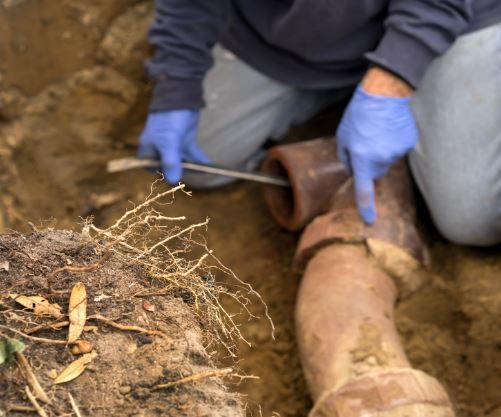5 Factors That Determine When to Replace Your Water Heater
- By Admin
- •
- 04 May, 2022
- •
Your water heater is an essential part of your home. But it's easy to forget about your water heater — that is until the unit loses its ability to function at its optimal level. Whatever the case may be, determining when to replace a water heater can be tricky.
The following are five signs you need a new water heater unit in your home.
Unusual noises
One good way to gauge when it's time for a new water heater is to pay attention to your water heater's sounds. If you notice any unusual noises coming from the tank, like rumbling or popping, or clanging, it could be a build-up of sediment in the tank.
However, noise often reoccurs as part of normal wear and tear on older model units.
Suppose you have had water heater noise several times for years. Now may be a good time to install a new unit.
Rusty Water
Rusty water can indicate the presence of rust holes within the tank.
To find out if the problem is coming from your heater and not somewhere else in your plumbing system, drain the tank. After draining, check for rust again in a few hours. You likely have a bad heating element if rusty water is still leaving the faucet after draining. Or the problem could be a corroded anode rod inside the tank itself.
Either way, you'll need to replace your current system with a new one to avoid higher costs in property damage over time.
Water Heater Leaks
Even the tiniest leak can have a domino effect and cause expensive damage to your home. Worse, leaks usually point to something more serious — like a faulty valve or a broken dip tube.
Sediment buildup can also cause water heater leaks. The sediment breaks down the thermal inside the tank and forms holes. Regardless of the cause, do not ignore the leak, since it's likely a sign it's time to replace your water heater.
Lack of Hot Water
One of the most obvious signs of water heater failure is a lack of hot water. If your water heater is too old, it may not be able to generate enough heat to provide enough hot water for your home and family.
Lack of hot water could mean that the heating element in your water heater has started to fail. Therefore, you will want to check whether the heating elements inside your unit are working correctly before getting a new one.
The best way to check is with a multimeter. You'll be able to tell if something else is causing the problem based on how each element in the unit reads. Compare your readings with what they should read as per manufacturer specifications. If the elements are all within specified ranges but still aren't enough for you, replacing them may be worth considering.
Old Age
While you can't know the exact number of years that determine when to replace your water heater, the average lifespan of a water heater is 8-10 years.
Homes with hard water or frequent power outages may see their unit fail at a younger age, while others may make it longer.
Replacing an older unit will be more cost-efficient than repairing it, but new units are also more energy-efficient.
Many people do not realize that their water heater needs repair or replacement until it's too late. Therefore, you should have your water heater professionally inspected every six months. Your professional plumber can find problems that you may have missed. The professional makes sure that your heater is working at its highest efficiency.
If you notice any of these issues, contact us today to schedule an inspection.




